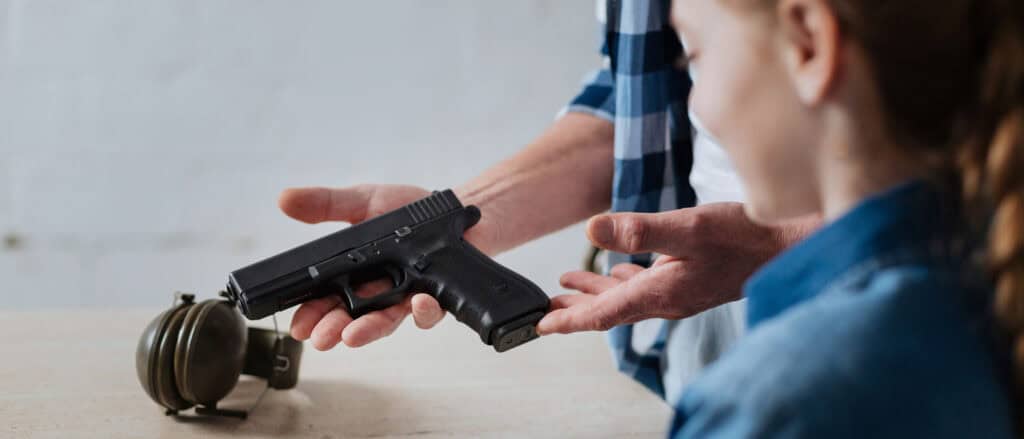
In the moment of a life-threatening situation, using a gun for self-defense can be a decisive, yet daunting, action. While the primary goal is survival and protection, it’s essential to understand what follows in the aftermath of using a firearm in self-defense. The consequences and processes are intricate, often involving legal, psychological, and social aspects. Here’s an overview of what you can expect:
1. Immediate Aftermath and Law Enforcement Interaction
Immediately after the incident, it’s crucial to contact law enforcement. Inform them that an incident has occurred, giving them basic details about what happened. It’s important to identify yourself as the victim in the situation. Preserve the scene as it is, to the best of your ability. This helps in maintaining the integrity of evidence. Do not move anything unless it’s necessary for safety.
When the police arrive, comply with their instructions. It’s advisable to speak with an attorney before giving a detailed statement. You can convey that you acted in self-defense and that you’ll fully cooperate after consulting with your lawyer.
2. Legal Proceedings
An investigation will follow to ascertain the details of the incident. This may include interviews, collection of physical evidence, and examination of the crime scene. It’s important to seek legal representation immediately. A lawyer who specializes in self-defense cases can guide you through the legal process and help protect your rights.
Depending on the jurisdiction and the specifics of the incident, you may face charges even if you acted in self-defense. The legal process will determine whether your actions were justified under the law.
3. Psychological Impact
Using a gun in self-defense can lead to psychological trauma. It’s not uncommon to experience a range of emotions from relief to guilt, and symptoms of post-traumatic stress disorder (PTSD). Seeking counseling after such an incident is crucial. Professional help can assist you in coping with the emotional aftermath and trauma.
4. Media and Public Perception
High-profile self-defense cases often attract media attention. This can lead to public scrutiny and invasion of privacy. It’s advisable to limit public statements and social media activity about the incident. Let your attorney or the police on the scene handle any media interactions.
5. Long-Term Considerations
The incident might lead to changes in your lifestyle, such as increased security measures at home or changes in daily routines. There may be ongoing legal implications, including civil lawsuits from the perpetrator or their family, even if you were not criminally charged. Reflecting on the incident can be a part of the healing process. Many individuals also choose to further educate themselves on self-defense laws and gun safety.
Use Caution When Exercising the Second Amendment
Using a gun in self-defense is a significant event with far-reaching consequences. It’s not just about the immediate action, but also about handling the aftermath responsibly. Understanding the legal, psychological, and social implications is crucial. It’s always beneficial to be prepared, not just in terms of self-defense but also in understanding and navigating the aftermath of such a critical event. Remember, the aim is to ensure your safety and well-being, both during and after the incident.
Your Trusted Legal Partner
The Law Offices of Delton W. Barnes proudly serves the Cleveland, Gaston, and Lincoln Counties in North Carolina. Our team will empower you with expert legal counsel and unwavering support. Whether it’s a business dispute, personal injury, landlord-tenant disputes, or another conflict, our dedicated team is here to guide you through every step.
Call, 704-406-9416 and contact us today to schedule a consultation with one of our experienced attorneys.
